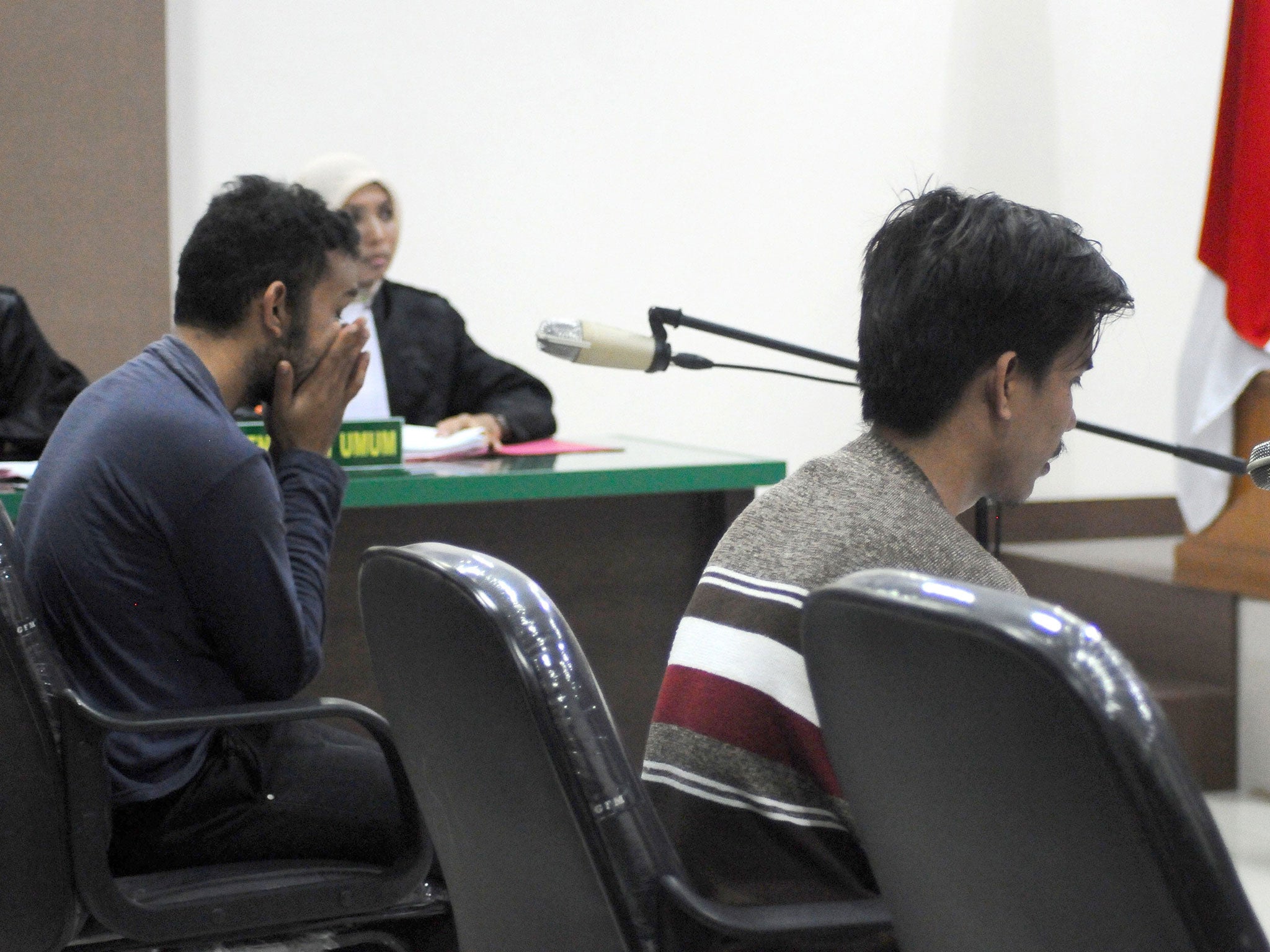A sharia court in Indonesia has sentenced to men to public caning 80 times each after they were caught kissing.
Their trial at the Islamic Shariah District Court in Banda Aceh, the capital of Indonesia’s conservative Aceh province, was held behind closed doors.
The sentence was handed down on Monday.
In Aceh, judges have the authority to limit public access to a trial if the case relates to adultery and open it only for the verdict.
The pair, aged 20 and 21, were arrested in April in Taman Sari city park.
Locals had seen them entering the same bathroom at the park and alerted the sharia police, who were patrolling the area.
The religious police broke into the toilet and caught the men kissing and hugging each other.
The court considered that the men were engaged in a sexual act.

Aceh is considered more devout than other areas of Muslim-majority Indonesia. It is the only province allowed to observe a version of Islamic sharia law.
Monday’s verdict was the fifth time that Aceh has sentenced people to public caning for homosexuality since the law was implemented in 2015.
That was a concession made by the government to end a long-running separatist rebellion.
Indonesia’s national criminal code does not regulate homosexuality.
The central government also does not have the power to strike down sharia law in Aceh.
In February, two men, aged 24 and 18, were publicly caned in Banda Aceh’s Bustanussalatin city park for engaging in gay sex.
The punishment, carried out by five enforcers in robes and hoods, involved lashes across their backs with breaks for water and medical treatment after 20 strokes, media reports said.
A sharia court sentenced them to 85 and 80 lashes, but they received 82 and 77 strokes after a remission for time served. One of the men was so weak after the final lash he reportedly had to be carried.
Amnesty International called the punishment a “horrifying act of discrimination” against the men.
“Intimate sexual relations between consenting adults should never be criminalised, and no one should be punished because of their real or perceived sexual orientation,” Amnesty’s deputy regional director Montse Ferrer said.
